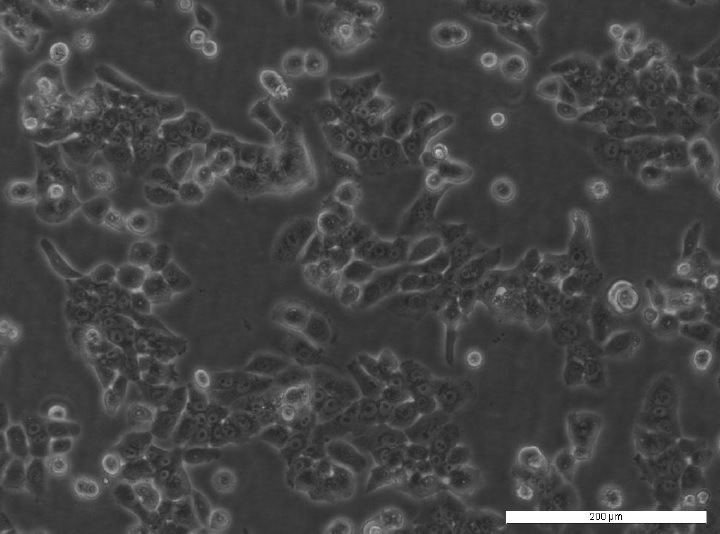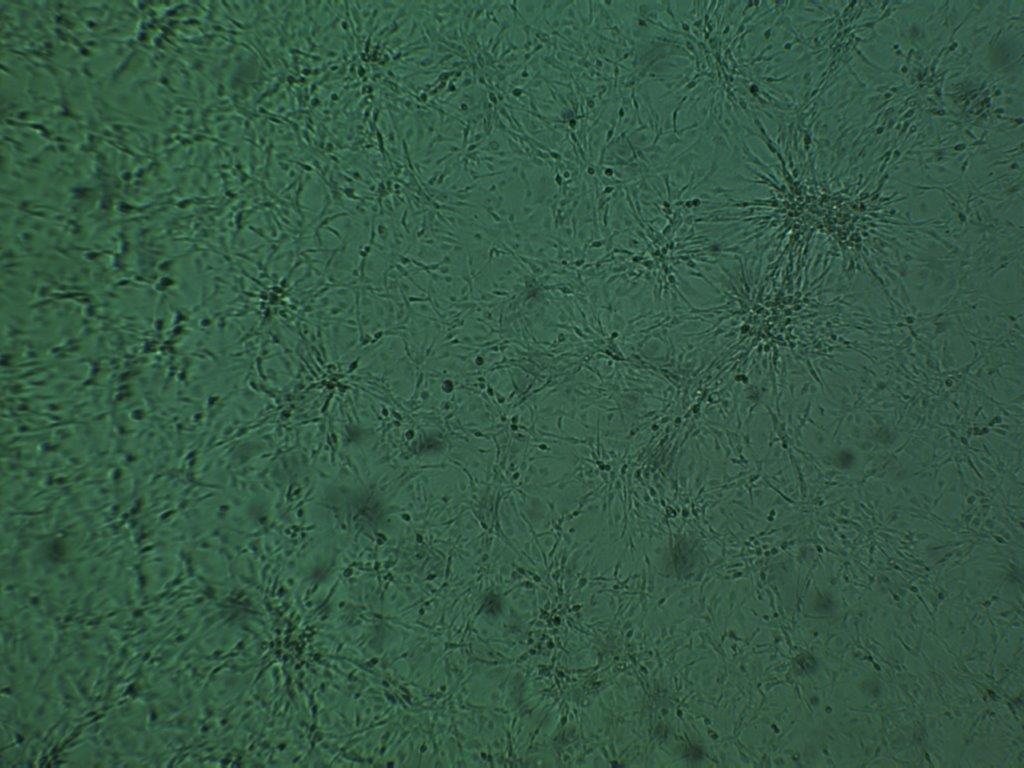Fukushima Medical University aims to accelerate cancer research by contributing their human gene-overexpressing cell lines to the CancerTools.org initiative
The Fukushima Medical University (FMU) and Summit Pharmaceuticals (SPI) are existing partners of CancerTools.org who have previously contributed a unique and diverse organoid portfolio to the initiative (read the announcement here). Further strengthening this collaboration, Fukushima Medical University (FMU) and Summit Pharmaceuticals International (SPI) have now generously made their human gene-overexpressing cell lines available to the global cancer research tools community by contributing them to the initiative.
The cell lines are non–tumorigenic immortalised breast epithelial cells (MCF 10A) whose proliferation depends on epidermal growth factor and which stably express mutant cancer-related genes. The cell lines represent experimental models that can be used in cell-based assays for evaluating the efficacy of anticancer agents, including molecule-targeted drugs and mutant-selective inhibitors, drug discovery, high throughput screenings and functional analyses of the mutated genes [1-2].
Progress in cancer research has always been dependent on the generosity and willingness of scientists to make their rare and unique materials accessible to their colleagues. Scientists globally will now be able to access these cell lines from FMU for use them as assay systems for anticancer agents’ evaluation and drug discovery.
As part of this partnership, CancerTools.org will work with FMU and their technology transfer partner Summit Pharmaceuticals International (SPI) to bring the production of these cell lines in-house and manage quality control and global distribution.
Explore the new cell line portfolio by the mutated genes:
EGFR1
- MCF10A-EGFR1m-Control cell line
- MCF10A-EGFR1m-1 cell line
- MCF10A-EGFR1m-2 cell line
- MCF10A-EGFR1m-3 cell line
- MCF10A-EGFR1m-4 cell line
- MCF10A-EGFR1m-5 cell line
- MCF10A-EGFR1m-6 cell line
- MCF10A-EGFR1m-7 cell line
- MCF10A-EGFR1m-8 cell line
- MCF10A-EGFR1m-9 cell line
- MCF10A-EGFR1m-10 cell line
- MCF10A-EGFR1m-11 cell line
- MCF10A-EGFR1m-12 cell line
- MCF10A-EGFR1m-13 cell line
- MCF10A-EGFR1m-14 cell line
- MCF10A-EGFR1m-15 cell line
- MCF10A-EGFR1m-16 cell line
- MCF10A-EGFR1m-17 cell line
- MCF10A-EGFR1m-18 cell line
- MCF10A-EGFR1m-19 cell line
- MCF10A-EGFR1m-20 cell line
- MCF10A-EGFR1m-21 cell line
ERRB2
- MCF10A-ERRB2m-Control cell line
- MCF10A-ERRB2m-1 cell line
- MCF10A-ERRB2m-2 cell line
- MCF10A-ERRB2m-3 cell line
- MCF10A-ERRB2m-4 cell line
- MCF10A-ERRB2m-5 cell line
- MCF10A-ERRB2m-6 cell line
- MCF10A-ERRB2m-7 cell line
- MCF10A-ERRB2m-8 cell line
- MCF10A-ERRB2m-9 cell line
- MCF10A-ERRB2m-10 cell line
- MCF10A-ERRB2m-11 cell line
- MCF10A-ERRB2m-12 cell line
- MCF10A-ERRB2m-13 cell line




